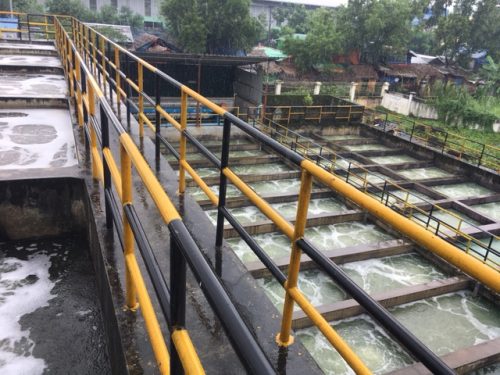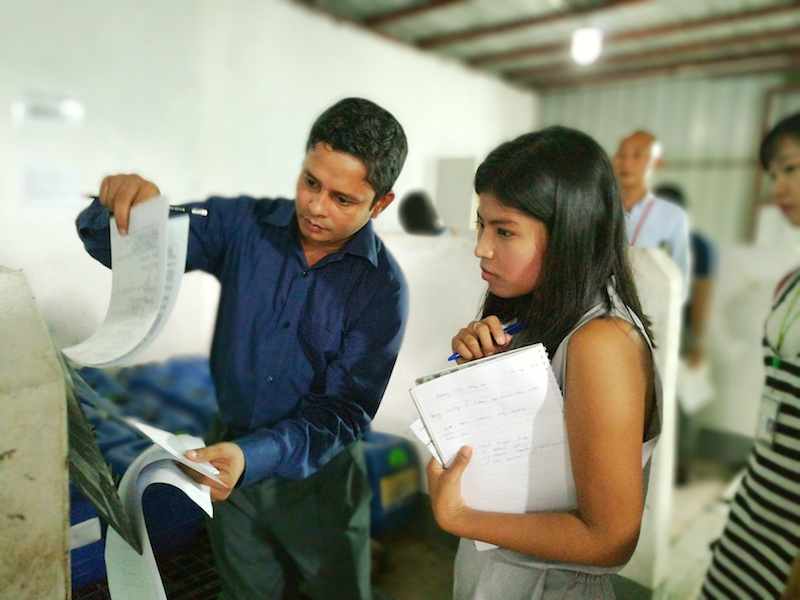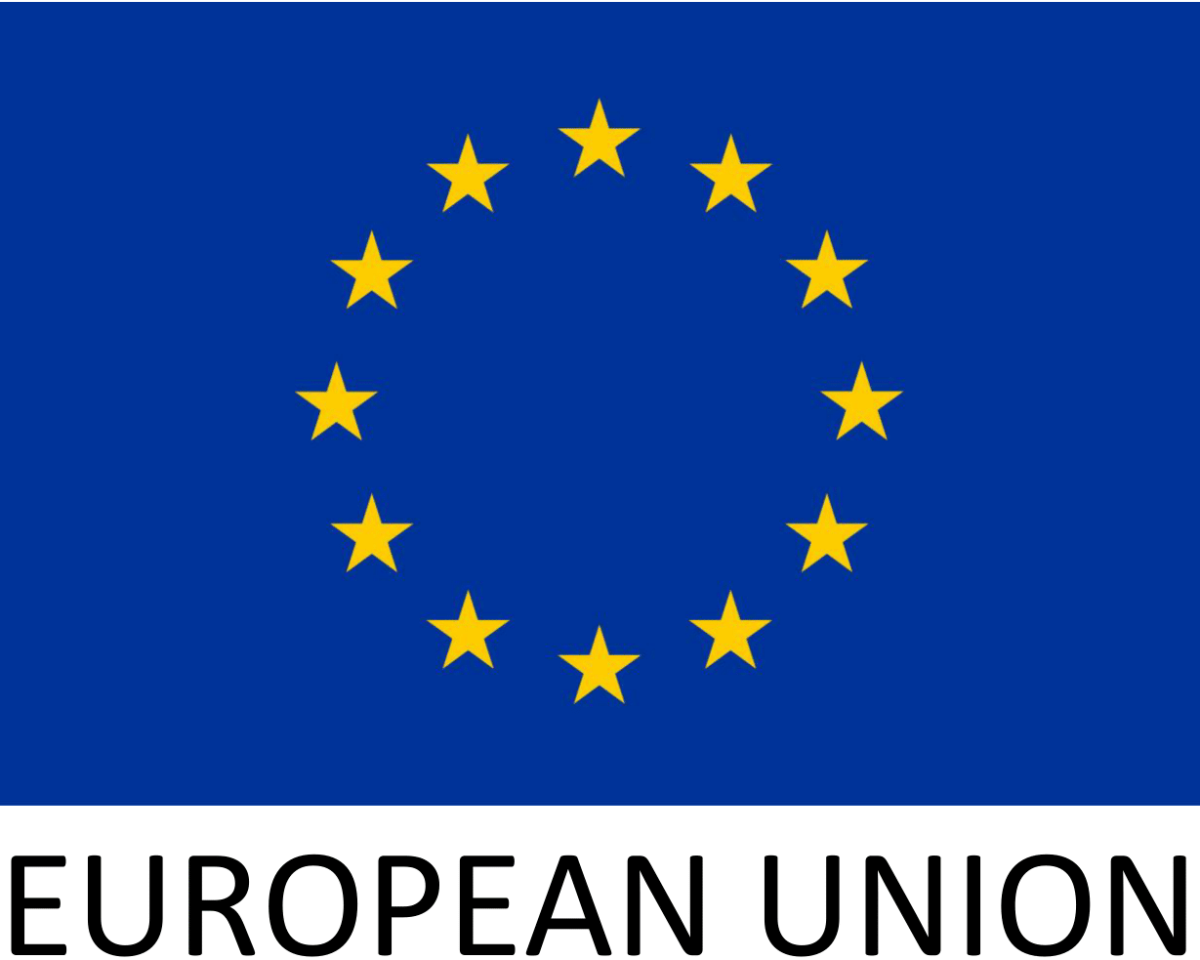Managers from 4 factories joined SMART Myanmar’s new “Chemical Management & Detox Accelerator” program
On August 21st SMART Myanmar launched a 6 month advanced chemical management training program for garment and textile factories in Myanmar. The training is using a curriculum developed by the Promotion of Social and Environmental Standards in the Industry (PSES) project. PSES is a joint project of the governments of Bangladesh and Germany, implemented by Deutsche Gesellschaft für Internationale Zusammenarbeit (GIZ) GmbH, which works on behalf of the German Federal Ministry for Economic Cooperation and Development (BMZ).
“GIZ has been immensely cooperative and practical. They have provided us with expertise and knowledge resources which PSES developed over more than 10 years time. With this program we aim to help Myanmar dodge the environmental destruction which so many of the world’s other garment and textile industries have faced” said Mr. Jacob A. Clere, SMART Myanmar Team Leader.
SMART Myanmar is the largest not-for-profit technical training initiative in Myanmar’s industrial sector. Funded by the European Union and co-funded by the German government, the project has trained hundreds of managers and dozens of garment factories on various social and environmental topics. The Chemical Management & Detox program is the newest addition to the project’s several on-site consultancy and training modules.
Mr. Omar Faruq, National Expert from GIZ PSES in Dhaka led the first 3 training sessions on August, 22nd, 23rd and 24th. Site visits were thereafter conducted at 3 of the participating factories to assess them on chemical inventory management, personal protective equipment use, compliance with Zero Discharge of Hazardous Chemicals criteria (ZDHC) and in general evaluating how close they are to achieving international best practices.
Work with the participating factories will be continued for the next several months. In addition, Mr. Faruq is intensively training 3 of SMART’s 10 technical experts in a “training of trainers module” to transfer his expertise on chemical management to the Myanmar garment industry.
The chemical management program also meets the interest of European based multi-stake-holder initiatives, such as the Partnership for Sustainable Textiles. “We are very happy to be able to extend our factory improvement programs and train our staff in chemical management in cooperation with the German Partnership for Sustainable Textiles.” said Ms. Julia Dittenhauser, sequa Project Director.
Myanmar’s garment, textile and footwear industry has grown at an average rate of 6-7 new factories per month for the previous 4 years. The SMART project team has more frequently encountered chemical management issues as new wet processing facilities set-up in Myanmar. Ineffective regulatory oversight is creating a potentially dangerous situation for Myanmar’s rivers and watersheds, as some factories skirt the law. As well, chemical intensive washing, dyeing and printing factories present new occupational health and safety risks for employees as well as the local environment.
“During this training I can learn everything clearly… previously I saw many “danger” and “warning” signs in my factory, but I only understand one thing, which is about fire safety. This training is very useful for me and very valuable for me. I now think we have to practice how to properly manage the chemical inventory and labeling. Now, what we are doing is not enough. After this training I know so many new things which I have to do in my factory, especially about gloves, masks, chemical inventory management and storage.” - Statement from factory participant.












